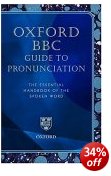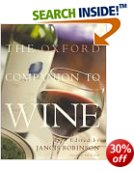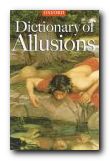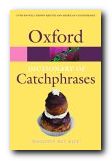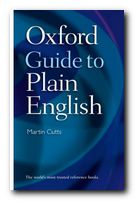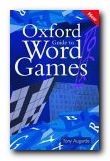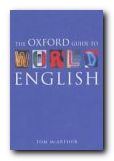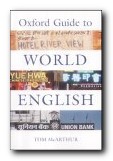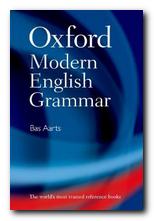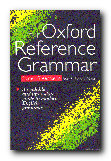beginner’s guide to the basics of good spelling
Did you know that yogurt can also be spelled yoghurt or even yoghourt? All three are correct. English spelling is notoriously irregular and can be downright difficult. It’s because our huge vocabulary (the world’s biggest) is made up of words from so many other languages. Don’t feel bad if you need to look up inoculate, haemorrhage and the rule-breaking weird. But if you want to improve your spelling skills, you’ll be well served by the short guide Oxford A-Z of Spelling in the new series from OUP.
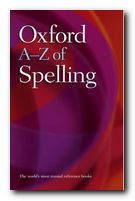 It explains all the basics without going into a lot of off-putting technicalities and jargon. In one sense it is rather like a Dictionary of Difficult Words: it includes 2,000 commonly misspelled (or mis-spelled or mis-spelt) words and hundreds of spelling tips to help you understand the basic rules – and why there are so many exceptions to them. It starts off with guidance notes on how to form plurals, how prefixes and suffixes work, and how to recognise all the irregular cases and exceptions. Then there’s that nagging bugbear of the insecure, the apostrophe – as in Dickens’s novels and men’s clothing
It explains all the basics without going into a lot of off-putting technicalities and jargon. In one sense it is rather like a Dictionary of Difficult Words: it includes 2,000 commonly misspelled (or mis-spelled or mis-spelt) words and hundreds of spelling tips to help you understand the basic rules – and why there are so many exceptions to them. It starts off with guidance notes on how to form plurals, how prefixes and suffixes work, and how to recognise all the irregular cases and exceptions. Then there’s that nagging bugbear of the insecure, the apostrophe – as in Dickens’s novels and men’s clothing
The main entries of the book are an alphabetical listing of common but difficult words, ranging from abattoir to zoos, with a note on what to look out for, and words of a foreign origin signaled to explain unusual spellings.
advise verbUnlike most verbs ending in -ise advise cannot be spelled with an -ize ending. See centre pages for other verbs that always end in -ise.
! Do not confuse advise with advice. Advise is a verb meaning ‘suggest that someone should do something’ (I advised him to leave) whereas advice is a noun that means ‘suggestions about what someone should do’ (Your doctor can give you advice on diet).
These main entries are punctuated by an explanation of beginnings and endings: for- or fore-? -able or -ible? -ance or -ence?. There’s an explanation of grammatical terms, notes on American spelling, and how hyphens are used to form compounds, as in black-haired girl and pick-me-up.
Because the words have been chosen for their irregular or difficult spelling, the book makes a surprisingly interesting read. And I suddenly realised whilst surfing the entries that it also doubles up nicely for use as a spelling quiz. Firmly recommended – especially for beginners.
© Roy Johnson 2007
Catherine Soanes and Sheila Ferguson, Oxford A—Z of Spelling, Oxford: Oxford University Press, 2007, pp. 160, ISBN: 0199233470
More on writing skills
More on language
More on grammar
